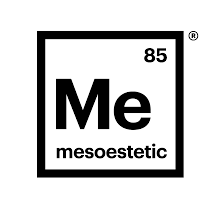Our Clinical Director Adrian Richards recently joined the editorial board of Aesthetics Journal, the specialist monthly publication for medical aesthetics professionals.
As part of his work with the magazine, he’ll regularly be contributing expert articles on a variety of subjects. If you don’t subscribe to the magazine, or didn’t catch the latest couple of issues, you can read Adrian’s latest contributions here.
In this article, Adrian offers advice on the most appropriate treatments for each area of the face, based on what your patients are looking to achieve. He covers each area of the face in turn, from the forehead down to the neck, giving his thoughts on whether surgical or non-surgical treatments would produce the best aesthetic results. Click on the link above to read the full article.
Adrian wrote this article in collaboration with Cosmetic Courses trainer and Aurora Skin Clinics Clinical Lead Mel Recchia. They discuss two recent cases treated at Aurora. Both female patients had received dermal fillers to the upper face region at other clinics, and experienced significant late-onset peri-orbital swelling some time afterwards. Both were successfully treated with Hyaluronidase. The article looks at both the causes of Hyaluronic Acid dermal filler associated peri-orbital swelling, and its management. Click on the link above to read the full article.
———————————————————————————————————————————
Are you a medical professional considering a move into the aesthetics industry? Or do you already have an aesthetic practice and would like to broaden your repertoire of treatments?
Cosmetic Courses offer a wide range of medical aesthetic training courses to help equip you with all the skills you need to build a successful aesthetic business. As the industry develops and new treatments become available, we are regularly adding new training courses to our programme.
Our newly launched Cosmetic Courses website includes plenty of support to help you carve out your new career, from podcasts and videos to downloadable materials and a jobs board.
For more information on any of our aesthetic training courses, our trainers or our training venues, please contact the team on 01844 390110 or email [email protected].










